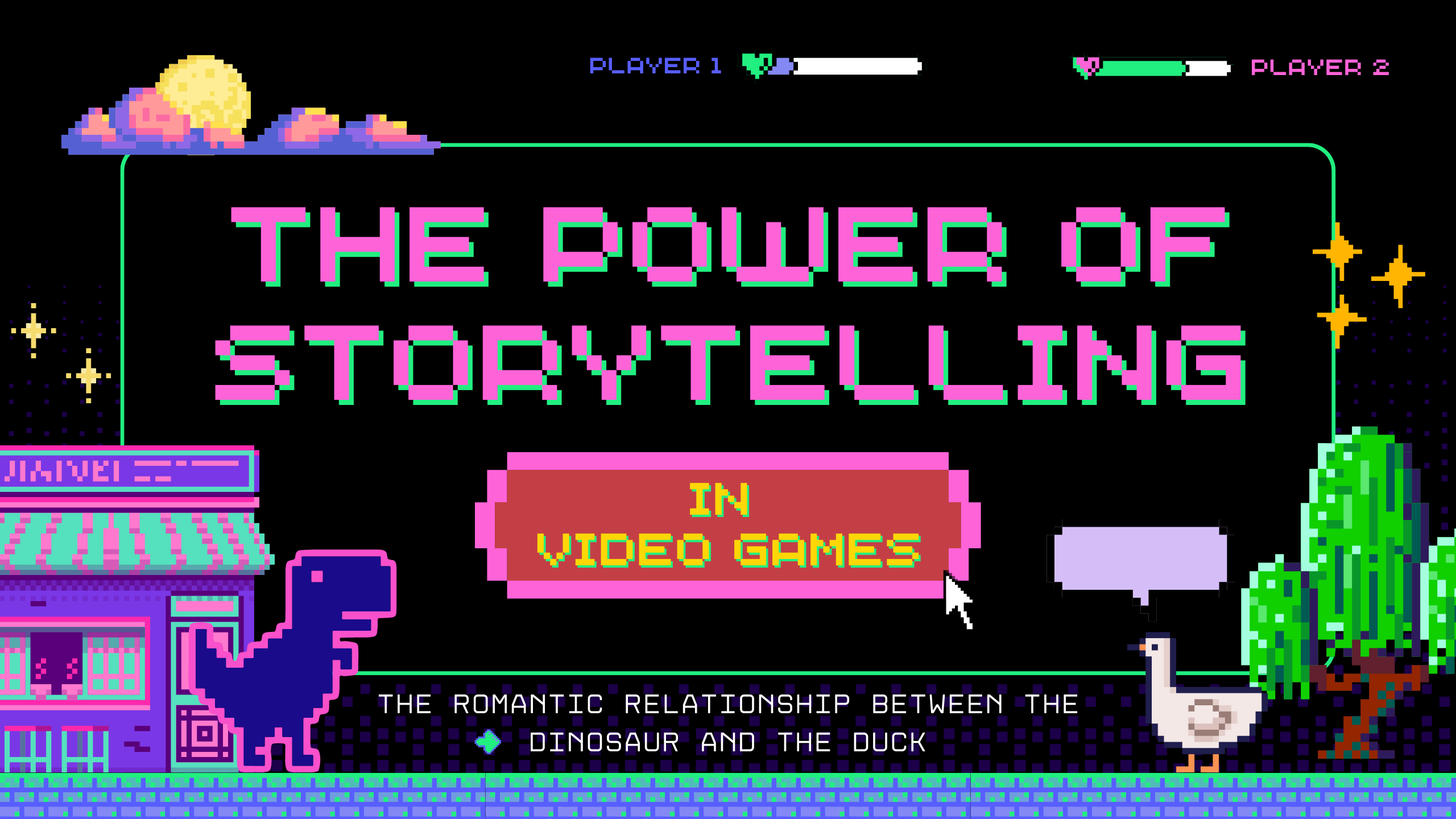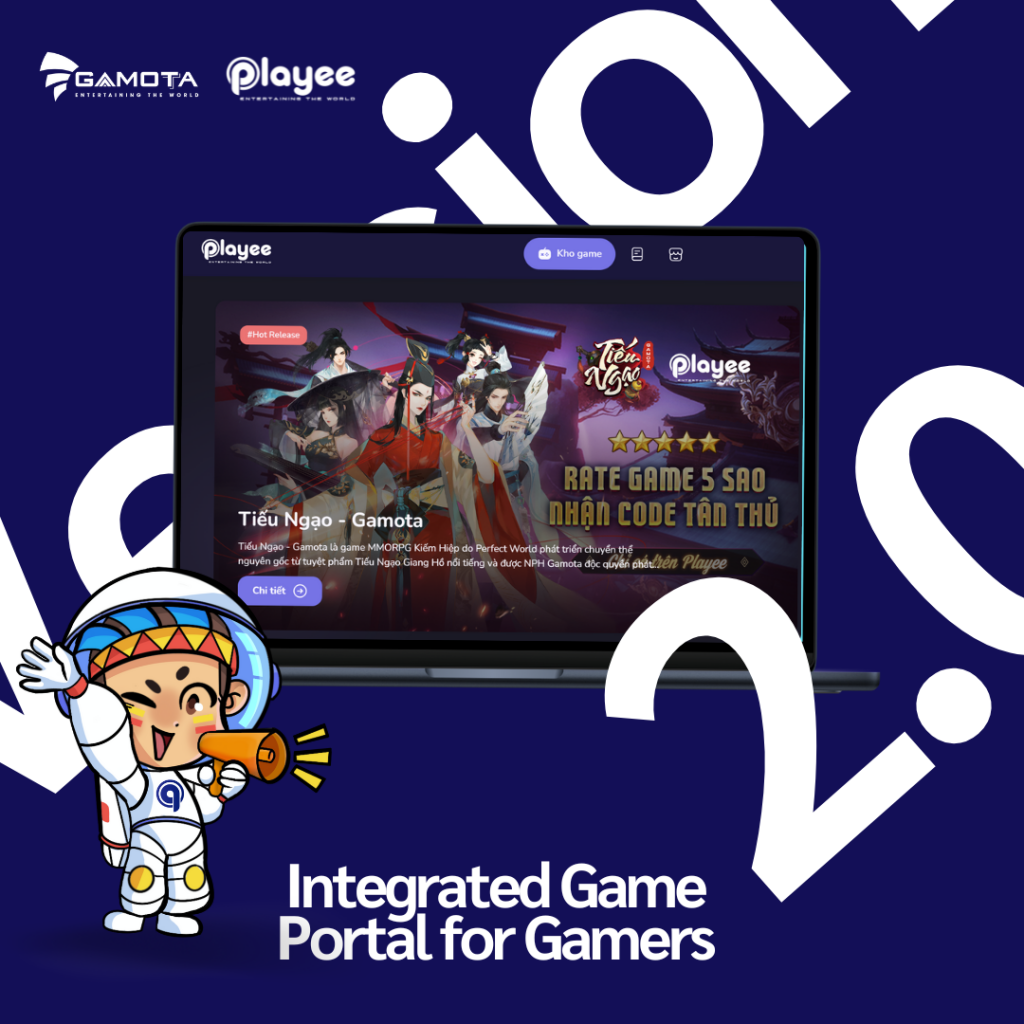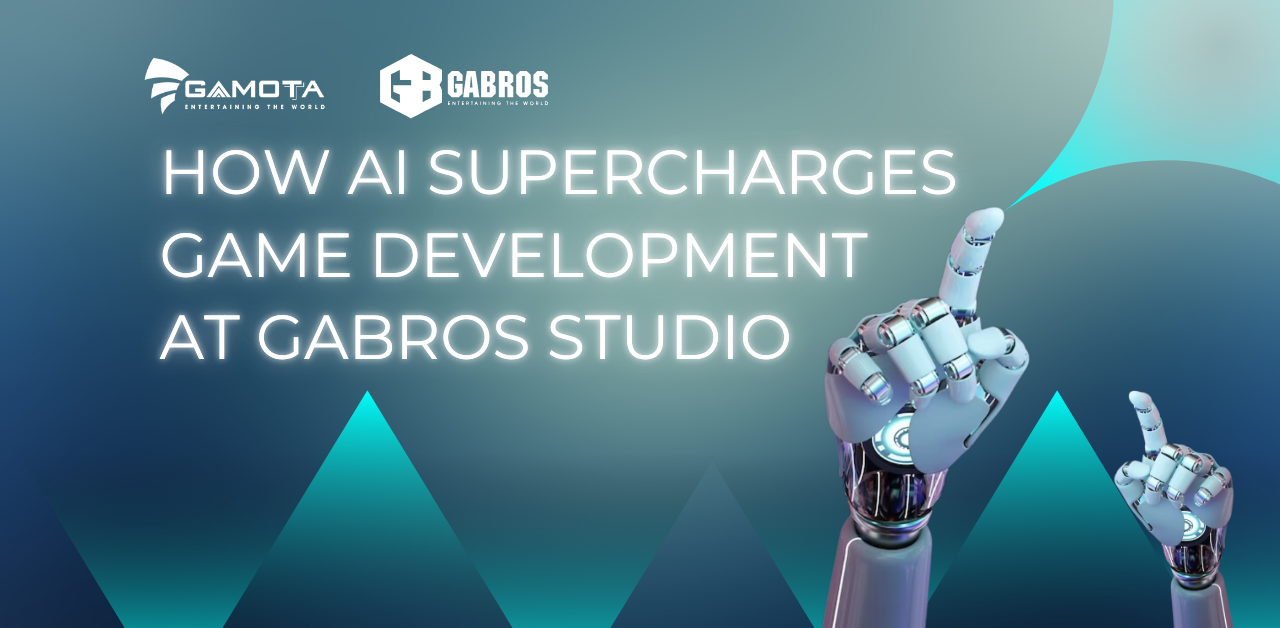Storytelling has been an essential piece of human culture, permitting us to entertain, engage, and share experiences. In recent years, storytelling has taken on another aspect in the realm of video games. The interactive nature of gaming has led to a one-of-a-kind type of storytelling that dazzles players and immerses them in rich and convincing stories. If you are a dedicated newbie who loves to write game plots and be creative, this article is for you
1. The Art of Interactive Storytelling
In traditional forms of storytelling like movies and books, the audience is just watching the story happen. On the other hand, video games give players the ability to actively participate in the story. David Cage, who is known for his approach to interactive storytelling, is a game designer who believes that video games have the potential to be an art form that can change the world. By making choices, players effectively become co-creators of the narrative and can direct its course. Moreover, a game will have a higher chance of acquiring a bigger player base if developers work closely with video game writers and the User Acquisition team
Read more on Super Effective User Acquisition Strategies for Mobile Game

2. Immersion and Emotional Investment
One of the vital qualities of storytelling in video games is its ability to create a deep sense of immersion and emotional investment. At the point when players resonated with the characters and the world they inhabit, they take part more in the ongoing gameplay experience. Studies have shown that genuinely contributed players are bound to finish games and remember them for quite a long time. Players develop a strong connection with the virtual world and its inhabitants through storytelling.
3. Crafting Engaging Plots
A well-written plot is fundamental for a convincing video game story. The plot is the foundation of the story, directing players through the game’s reality and occasions. It should transport players to a different world and be emotionally resonant, immersive, and engaging. Players’ decisions inside the game ought to have significant outcomes, allowing them to shape the story according to their inclinations and values.

Source: The Los Angeles Times
4. Character Improvement and Player Connection
Character improvement plays a fundamental part in video game storytelling. Well-written characters with aspirations and personalities allow players to form connections and care about their fates. Who would want their favorite characters to be mistreated, right? When players become emotionally invested in the characters, their choices and actions convey more weight and importance. The loss of a beloved character can evoke genuine emotions and further improve the player’s engagement with the story.

5. The Evolution of storytelling in video games
In the long term, storytelling in video games has developed essentially. Developers currently perceive the significance of stories and think of them as a principal part of the game plan. Video game storytelling combines the best component of traditional storytelling with unique interactivity and immersion. Thus, video games have the power to offer players an unmatched storytelling experience.
6. Procedural storytelling
Procedural storytelling has gained popularity in the gaming industry in addition to traditional storytelling techniques. A dynamic and personalized experience is created by procedural narratives, which build coherent stories from the actions and choices made by players throughout the game. Games like Wildermyth and Dwarf Fortress show how procedural storytelling can create unique narratives that cater to players’ decisions. These games offer players a sandbox-like experience, where the stories arise naturally based on the virtual world and characters.

7. The Effect of Storytelling on Player Engagement
The force of storytelling in video games can’t be underestimated. Connecting with stories can lift a decent game to a phenomenal one, catching the players’ attention and keeping them invested for hours on end. A well-told story can create a sense of motivation and purpose for players, driving them to advance through the game and find what lies ahead.
Moreover, storytelling can upgrade the overall gameplay experience by giving context and meaning to the actions players make. When players understand the importance of their targets within the story, they will have a more grounded feeling of achievement and satisfaction after finishing them. An engaging and emotionally impactful experience is made possible by this connection between gameplay and storytelling.
8. Cultural and Social Impact
Video game storytelling has also shown its potential for cultural and social impact. Games like “The Last of Us,” “Bioshock,” and “Undertale” have started significant conversations among players and critics alike. These games explore complex topics and tackle significant social issues, like ethical quality, character, and the human condition. Through their narratives, video games can encourage players to ponder real-life issues and challenge their standpoints.
Also, video game storytelling can unite individuals. Multiplayer games with strong narratives, for example, “World of Warcraft” or “Destiny,” enable players to altogether team up and engage with the story. This common experience fosters a sense of community and connection among players, creating lasting friendships and memorable moments.
9. Pushing the Limits of Interactive Storytelling
As technology advances, video game storytelling keeps on pushing the limits of what is possible. With the approach of virtual reality (VR) and augmented reality (AR), players can submerge themselves in worlds more than ever, feeling like active members of the story. Developers can now create experiences that are even more compelling and realistic thanks to these immersive technologies, which open up new avenues for storytelling.
Moreover, advancements in artificial intelligence (AI) open new doors for interactive storytelling. Characters powered by AI can dynamically adapt to the actions of players and provide narratives that are more individualized and responsive. Players would feel more in control and invested in the story as a result of this degree of individualization.
10. Tell and Develop your Storyline with Gamota
Storytelling is an amazing asset that improves the gaming experience by immersing players in compelling narratives and allowing them to shape the story through their decisions. It creates emotional associations among players and virtual characters, improves player commitment, and prompts reflection on significant subjects and issues. As innovation continues, the future of video game storytelling holds even more interesting prospects. As a leading game publishing company with 10-year experience, we have collaborated with many global partners to publish more than 100 game titles in the Vietnam market. Many of them possess incredibly compelling and addictive storylines which then extend our game lifespan by 1,5 higher than the common market.
CONTACT US NOW to get more info and advice. We look forward to delivering the most value to you
.








